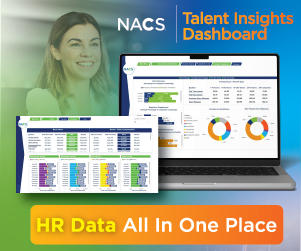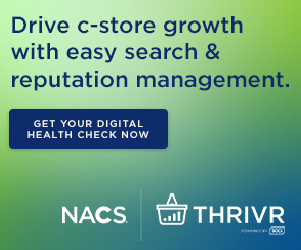By: Maura Keller
Fuel Management Systems, software that guides fuel marketers to replenish their inventory or the inventory of their customers at the optimal time, is top of mind for most marketers who seek automation and reduction in labor time with today’s advanced systems.
Today’s FMS technology can provide a number of advantages, but only when used as intended and in the most efficient manner. By identifying how to fully utilize these systems and the role marketers, software providers and implementers play, marketers will be able to increase efficiency in their operations and achieve savings.
Efficient and Flexible
In the era of highly efficient technology and streamlined, innovative software systems, it’s not surprising that today’s fuel marketers are seeking bigger and better fuel management systems. But it takes a lot of research, know-how, and due diligence to find a fuel management system that meets each marketers unique needs.
In fact, many of the marketers with whom Tom Lane, vice president of sales and marketing at DM2 Software, speaks often complain that their current systems do not interface well with other third party, complimentary systems like bar code/warehouse management or truck automation systems.
‘Marketers should only consider systems providers who are open to partnering with other system providers and have ODBC (Open Database Connectivity) compliant systems,” Lane says. As Lane explains, ODBC is a standard programming language middleware API for accessing database management systems (DBMS) originally developed by Microsoft in the early 1990s.
“ODBC systems give you the ability to have a single application access many different database management systems,” Lane says. “In a nutshell, ODBC systems, sometimes referred to as “open” systems, work well with other third party, complimentary systems. ODBC systems provide the ability to easily access and exchange data with other third party systems, giving marketers the ability to use best-of-breed systems without the need to make a lot of duplicate, error prone entries from one system to another.”
In addition to evaluating ODBC versus non-ODBC systems, there are additional considerations fuel marketers need to keep in mind to make sure the fuel management system is the most efficient and flexible for their long-term needs.
Kealin Murphy, director of implementation and training at ADD Systems says it is important for marketers to identify both short- and long-term goals expected from the purchase.
“Understand that to reach these goals, time, effort and collaboration with the vendor is critical,” Murphy says. “Make sure your knowledgeable employees are involved in the project, and are available when needed to the implementation team.
It’s vital that marketers also implement components of the software that will increase your success in the marketplace and raise customer satisfaction, which in turn translates to a quick turnaround of receivables.
“Work with the software implementer to make the choices that will move you towards that end,” Murphy says. “This planning stage is critical so that surprises are kept to a minimum and your team is fully engaged. Be realistic about the effort—no prize was won without the hard work to get there.”
According to Glenn Turner, president and chief executive officer at FireStream Worldwide, some additional primary considerations for fuel marketers evaluating FMS’s include:
- Is the FMS system integrated to the back office? The primary reason for this concern is that an un-integrated system will require duplication of data and significant reconciliation processes.
- Do your inventory sites or the inventory sites of your customers support automated inventory monitoring? If they do no not support automated inventory monitoring, how long will it take to put inventory monitoring in place and what will be the cost?
- Do you have the talent in your dispatching and supply area to really leverage the information that the technology provides? “Software is not magic ointment, marketers need experienced people that know what an FMS optimized process looks like,” Turner says. “If you put the FMS in before you have the right people in place, you’re tying up capital unnecessarily and potentially making an investment that will not produce a return.”Do you have a project execution mindset? Are there people with the ability and the time to see the project of implementing an FMS through to its conclusion?
Firestream’s DemandStream
Cont.










